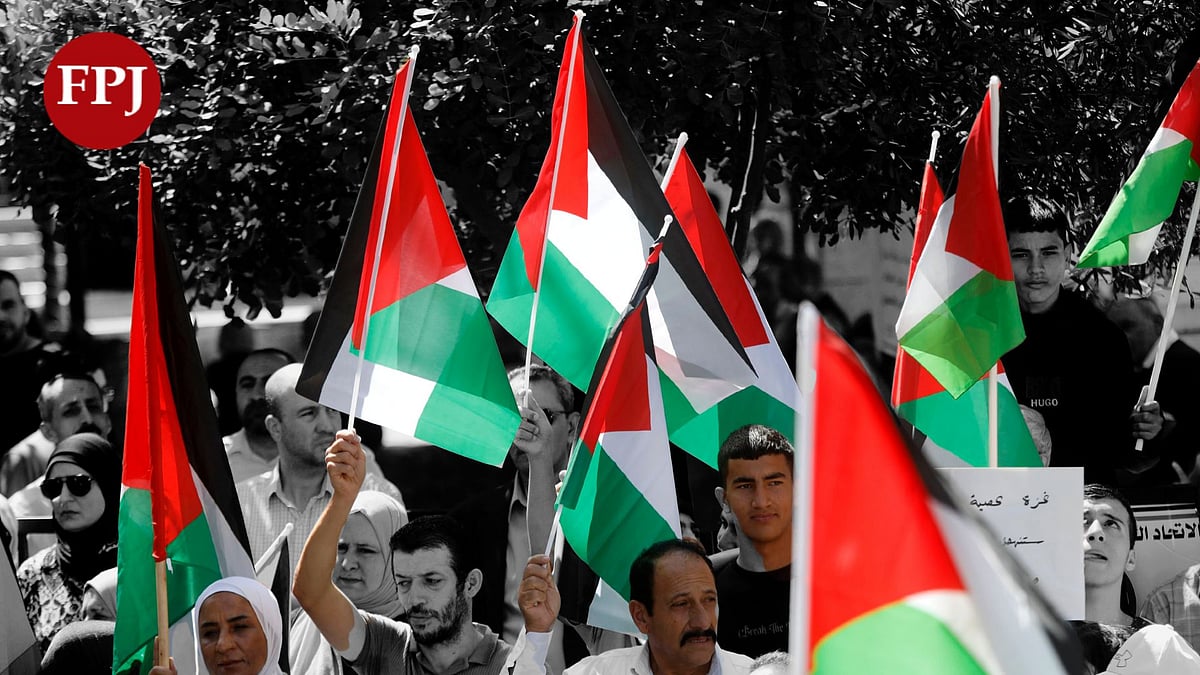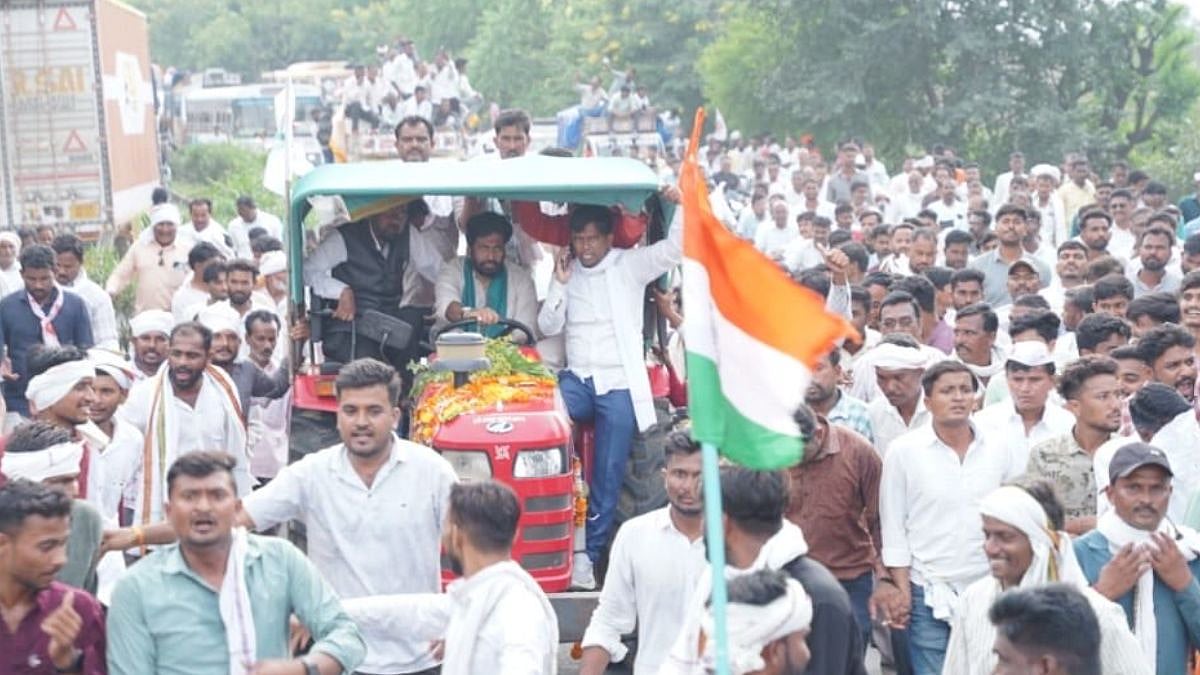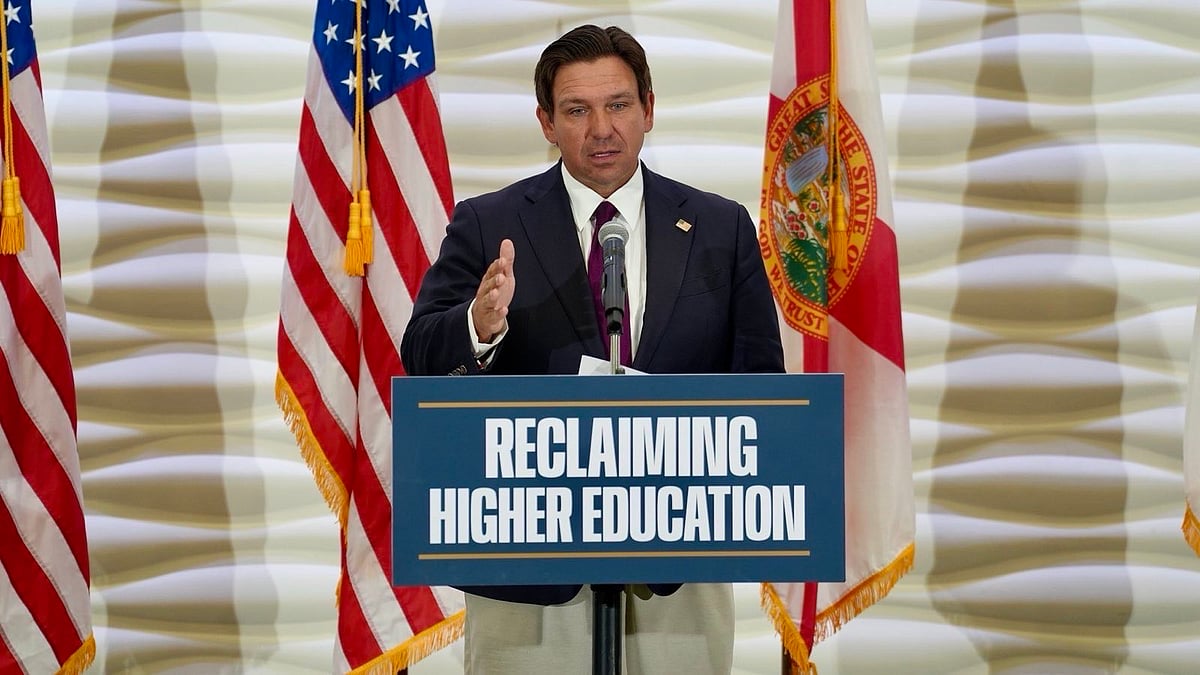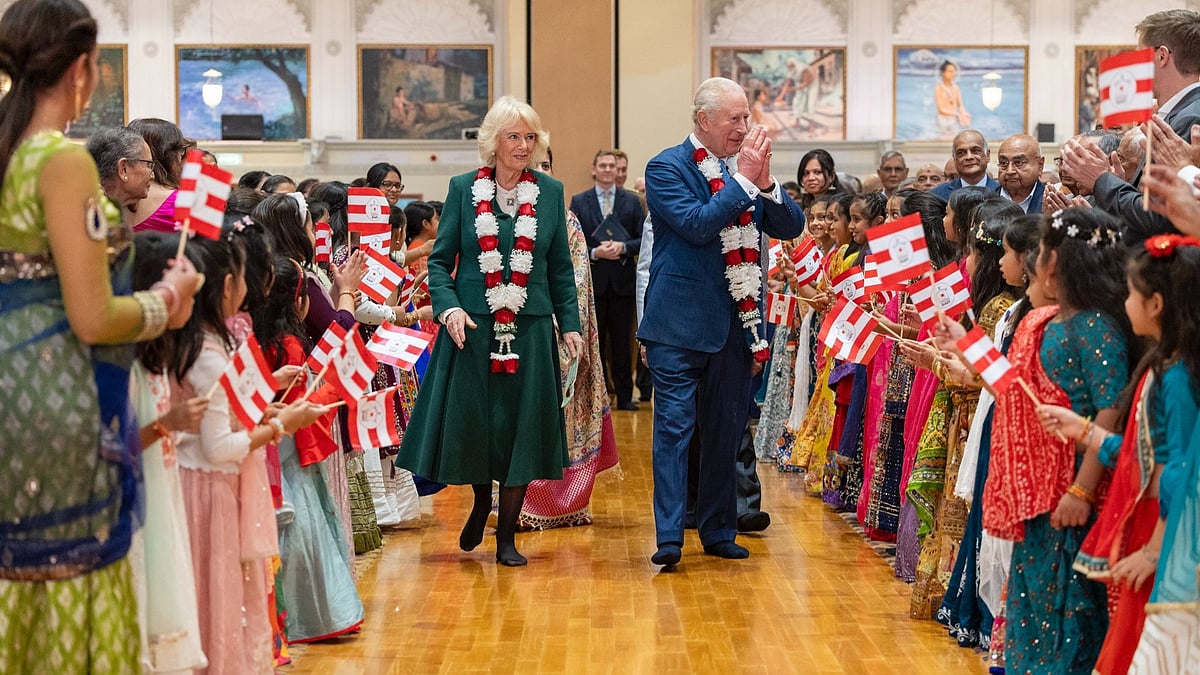Mumbai: On Wednesday, the Embassy of the State of Palestine in India marked the 69th anniversary of the Kafr Qasim massacre on October 29, 1956, when 49 civilians, including 23 children, 13 women, and 13 men, were killed in the Palestinian village of Kafr Qasim when residents returning after an olive harvest were stopped, lined up, and executed by Israeli forces.
The embassy called upon the international community to confront what they called a 'historical denial, uphold international law, and ensure accountability for all crimes committed against the Palestinian people, past and present'.
The Kafr Qasim incident happened as the world's attention was turned to the Suez crisis and Israeli forces imposed a sudden curfew in the village while most residents were still working in the fields. They were killed as they retumed home, unaware of the curfew, the embassy said.
In a media statement on Wednesday, the embassy said that the Israeli government, under Prime Minister David Ben-Gurion, initially attempted to conceal the incident. A subsequent military trial after public pressure did not seek justice but aimed to silence criticism, the embassy said, adding that the commanding officer was fined a symbolic one piaster, later admitting to a Israeli newspaper that he had simply followed “higher orders” to “mow them down.”
The embassy said that Kafr Qasim massacre stands as a lasting reminder of the systematic Zionist terroir that has accompanied the Palestinian tragedy, a pattern that began long before the establishment of Israel in 1948 and continues to this day. Zionist militias such as the Haganah, Irgun, and Lehi, officially classified as terrorist organisations by the British Mandate authorities, carried out organized acts of terror, from Deir Yassin to Al-Tantura and beyond, forcing hundreds of thousands of Palestinians from their ancestral homes, the embassy said.
The embassy said that for decades, Palestinians have been denied the right to speak for themselves amidst a distorted global narrative. Remembering Kafr Qasim is not merely an act of mourning; it is a moral and historical duty. Memory is resistance, a refusal to allow truth to be buried or rewritten by the oppressor. Just as India remembers Jallianwala Bagh, we remember Kafr Qasim, not out of vengeance, but out of faith in justice and the belief that humanity must never accept impunity for crimes committed against the innocent, the embassy said.









